A few days ago, EU interiors affairs ministers adopted a draft EU asylum reform, which, among other things, will force member states to accept a certain number of migrants under quotas. Member states can opt out of this quota, but in that case they will have to pay a considerable sum, some €20,000 per migrant.
Slovaks furious over migrant quota + video
Opposing the idea of introducing migrant quotas has brought almost the entire Slovak political spectrum together. All parties reject the EU's ambitions and have called on the caretaker government not to change Slovakia's current position on migration policy.
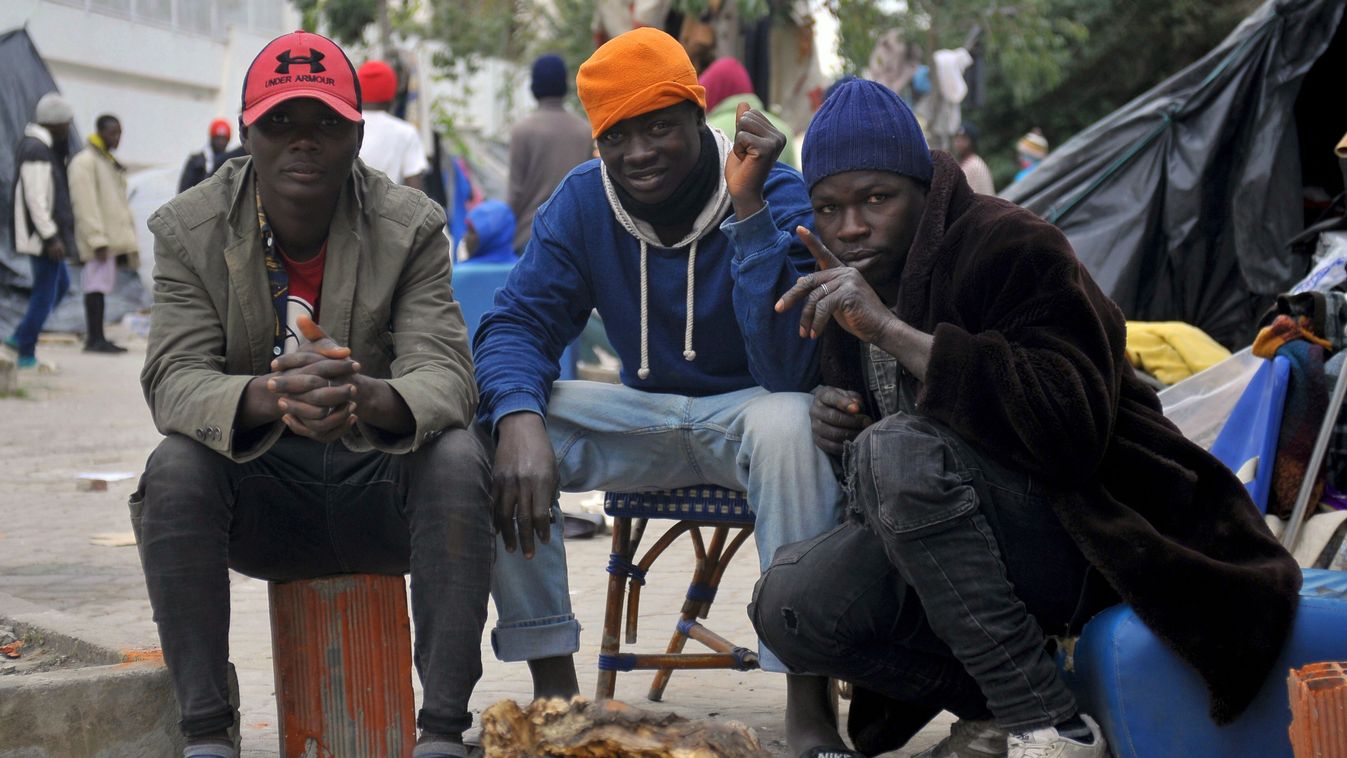
In the meeting, Hungary and Poland voted against the proposal. Five governments abstained, including Slovakia's. The country's Interior Minister Ivan Simko told the meeting:
For Slovakia, certain provisions remain difficult to accept and politically untenable, not least because the mandate of the current government, which I represent here, is limited. The amendments to the text have not made our situation any easier, which is why we are abstaining.
By the limited mandate of the current government, the minister referred to the fact that as a member of the current government of experts, he neither has a political mandate nor does he enjoy the confidence of parliament, so his options are limited. He added that there is now a general consensus in the EU on what Slovakia's position has been all along, namely that the mandatory admission of migrants is not a solution to the migration flows into the EU, the Slovak-language edition of the Euractiv news portal reports.
További IN ENGLISH híreink
The political scene in Slovakia has once again been united in its opposition to the prospect of mandatory quotas for illegal immigrants from third countries, with even the opposition Voice – Social Democracy (Hlas-SD) party calling on the interior minister not to change Slovakia's position in further negotiations. Former Prime Minister Peter Pellegrini had recalled before the meeting that Slovakia had taken a consistent position in recent years and said that it was important that Ivan Simko follow this line.
In the past, Slovak governments have rejected any kind of quota, Mr Pellegrini noted. Slovakia supported the idea of flexible solidarity, whereby a country that does not accept migrants can help in other ways. This could be in the form of money or technical means, such as reinforced surveillance of the Schengen external borders. Hlas-SD does not want to tolerate illegal immigration and the compulsory distribution of migrants.
Only people who Slovakia accepts and allows to live in Slovakia can live here
Pellegrini said.
További IN ENGLISH híreink
The Party of the Hungarian Community (MKP) also rejects the mandatory distribution of migrants among EU member states.
For years, Western Europe has been trying to solve its labor shortages by encouraging immigration from the Middle East and Africa rather than introducing effective family policies. We must say loudly and repeatedly that we reject mandatory quotas! We reject the promotion of immigration to Europe. We do not want to be part of this, we consider it a big mistake.
the MKP wrote in a press statement after Thursday's meeting. The MKP believes that mass immigration from Asian and African countries is not only a labor market issue, but also a question of preserving Europe's cultural heritage and identity, and even more a security issue. "Slovakia and the Visegrad Four must do everything to ensure that this initiative to encourage immigration and punish member states does not succeed," the statement reads.
Cover photo: African illegal immigrants on their way to Europe awaiting to be transferred at the port of Arrecife on Lanzarote belonging to the Canary Islands on 8 February 2023 (Photo: MTI/EPA/EFE/Adriel Perdomo)
Komment
Összesen 0 komment
A kommentek nem szerkesztett tartalmak, tartalmuk a szerzőjük álláspontját tükrözi. Mielőtt hozzászólna, kérjük, olvassa el a kommentszabályzatot.
A téma legfrissebb hírei
Tovább az összes cikkhez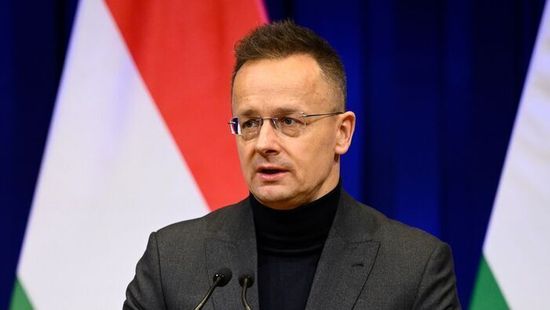
Hungary FM: Sovereign Policy Is Foundation of Hungary’s Economic Achievements
In Hungary today, one million more people are working than in 2010.

Miklos Szantho: The Numbers Don’t Lie—Election Campaign Unfolds in the Shadow of Brussels and Kyiv
Foreign interference in the Hungarian election campaign is becoming increasingly aggressive.
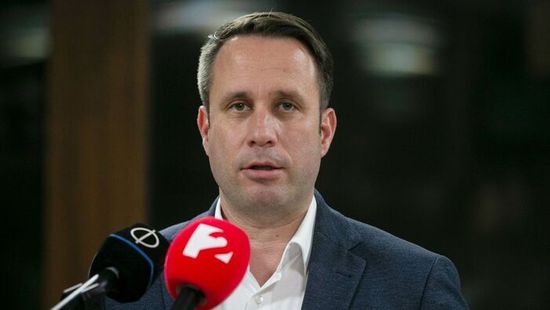
Csaba Domotor: Median’s False Polling Data Has International Implications
The misleading campaign may be laying the groundwork for political pressure tactics.
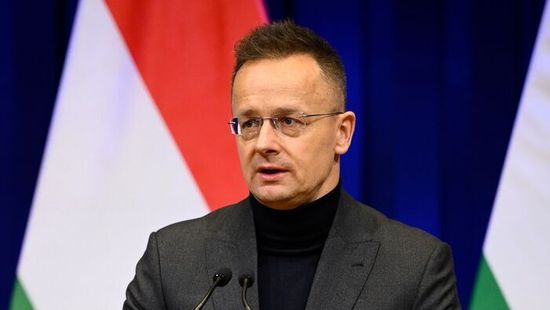
Hungary FM: Hungarians Are Dying Pointlessly in Ukraine’s Completely Pointless War
We received notification of the 97th Hungarian victim of the war from the Mukachevo branch of the Hungarian Cultural Association of Transcarpathia (KMKSZ), the minister said.
Ne maradjon le a Magyar Nemzet legjobb írásairól, olvassa őket minden nap!
- Iratkozzon fel hírlevelünkre
- Csatlakozzon hozzánk Facebookon és Twitteren
- Kövesse csatornáinkat Instagrammon, Videán, YouTube-on és RSS-en

Címoldalról ajánljuk
Tovább az összes cikkhez
Hungary FM: Sovereign Policy Is Foundation of Hungary’s Economic Achievements
In Hungary today, one million more people are working than in 2010.

Miklos Szantho: The Numbers Don’t Lie—Election Campaign Unfolds in the Shadow of Brussels and Kyiv
Foreign interference in the Hungarian election campaign is becoming increasingly aggressive.

Csaba Domotor: Median’s False Polling Data Has International Implications
The misleading campaign may be laying the groundwork for political pressure tactics.

Hungary FM: Hungarians Are Dying Pointlessly in Ukraine’s Completely Pointless War
We received notification of the 97th Hungarian victim of the war from the Mukachevo branch of the Hungarian Cultural Association of Transcarpathia (KMKSZ), the minister said.










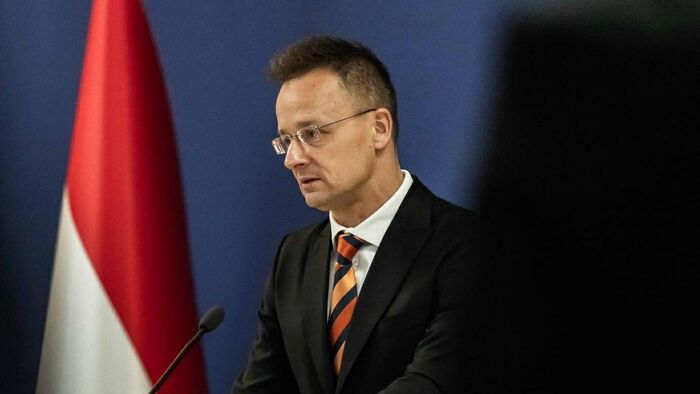
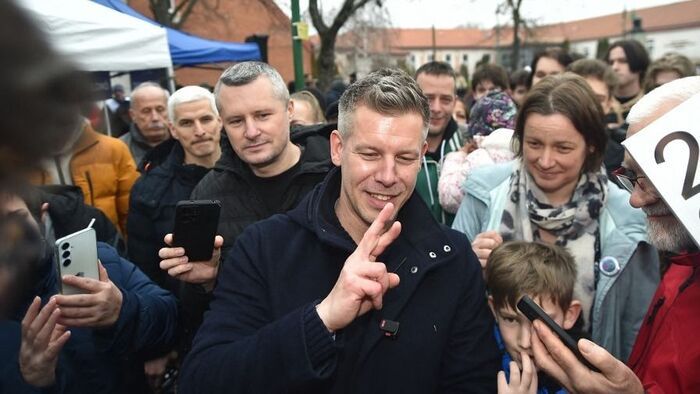





Szóljon hozzá!
Jelenleg csak a hozzászólások egy kis részét látja. Hozzászóláshoz és a további kommentek megtekintéséhez lépjen be, vagy regisztráljon!